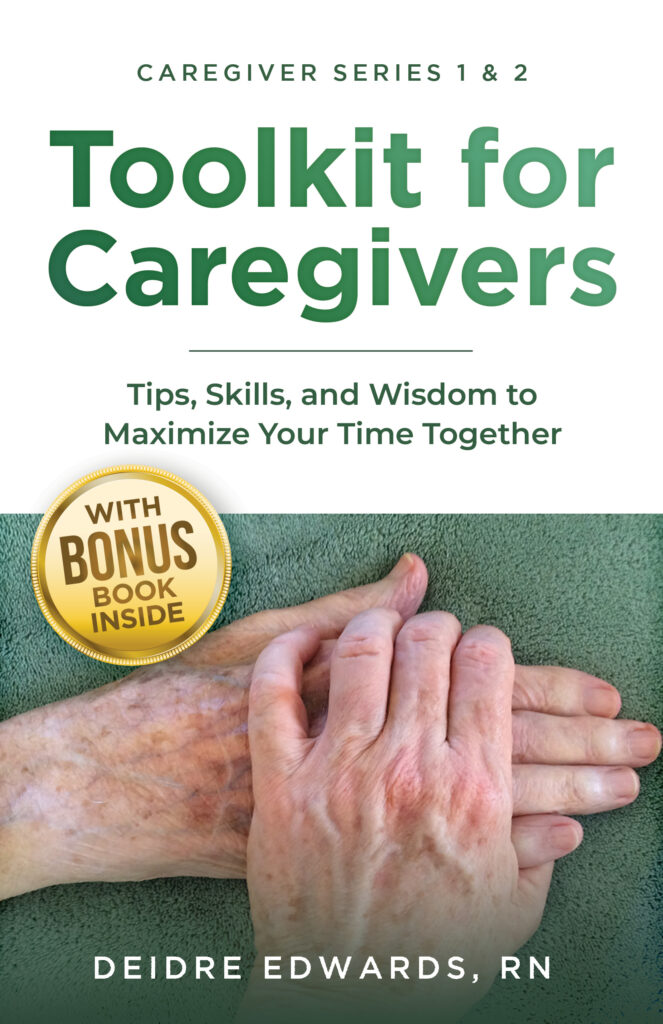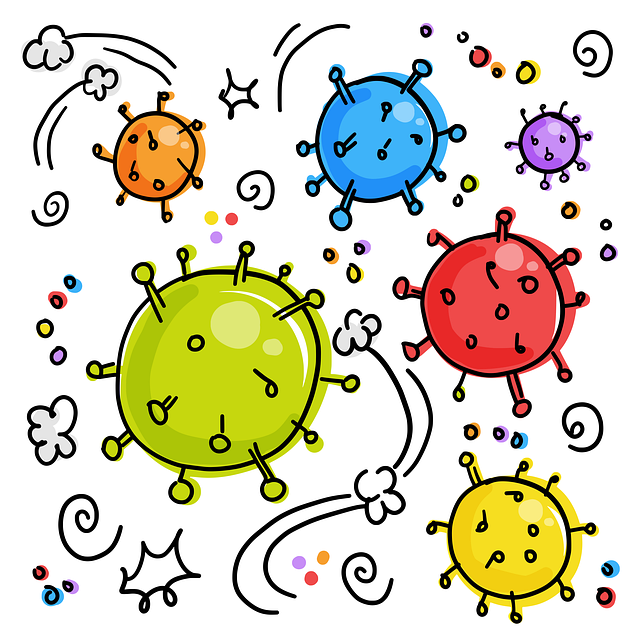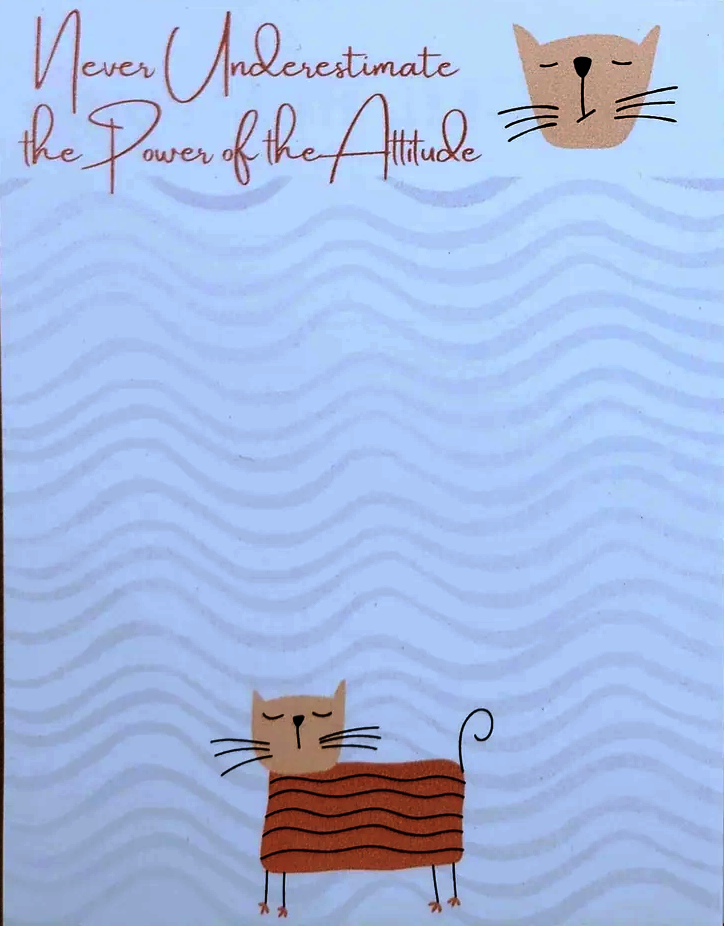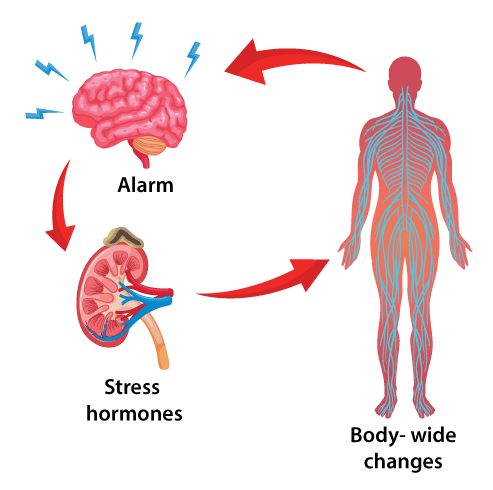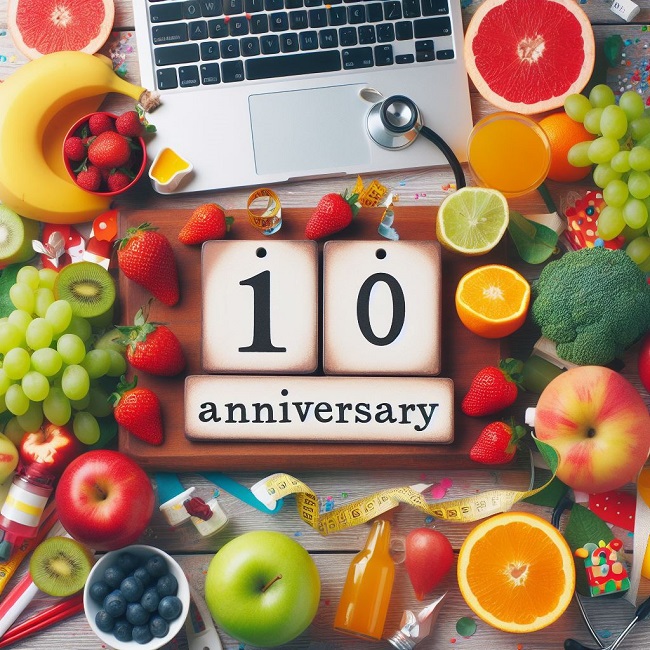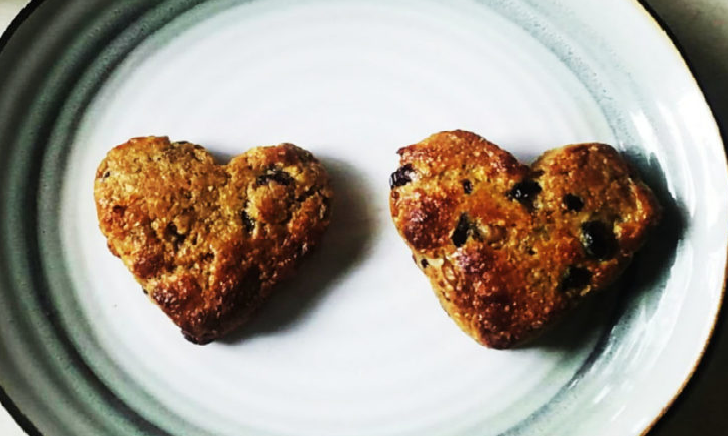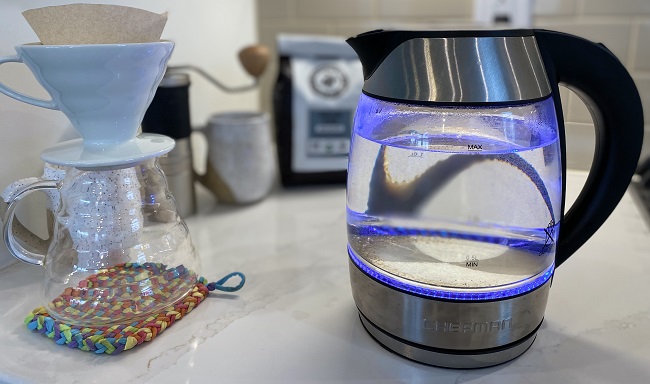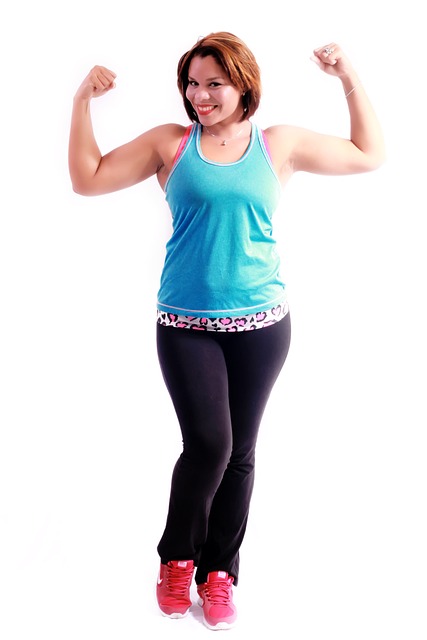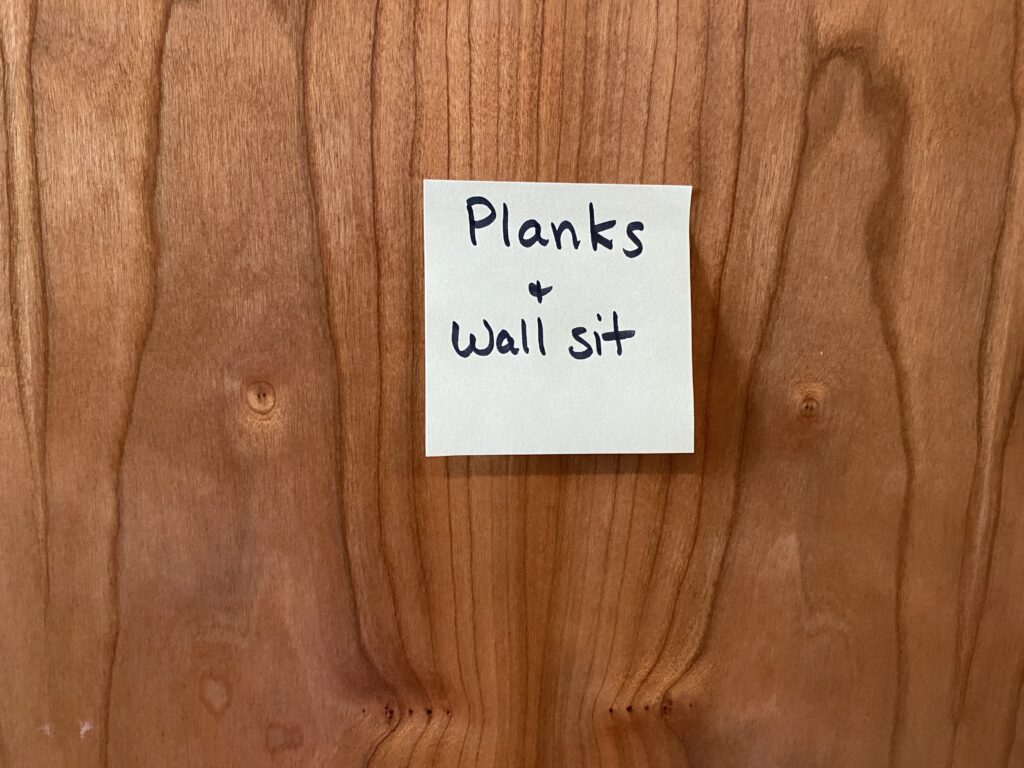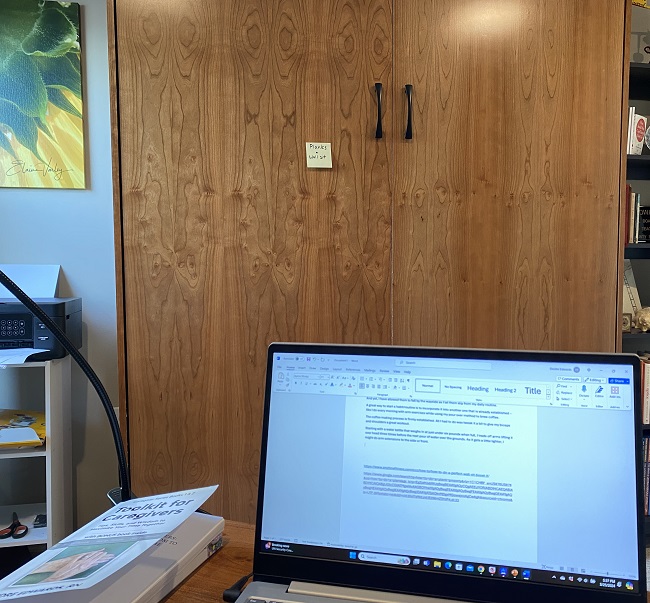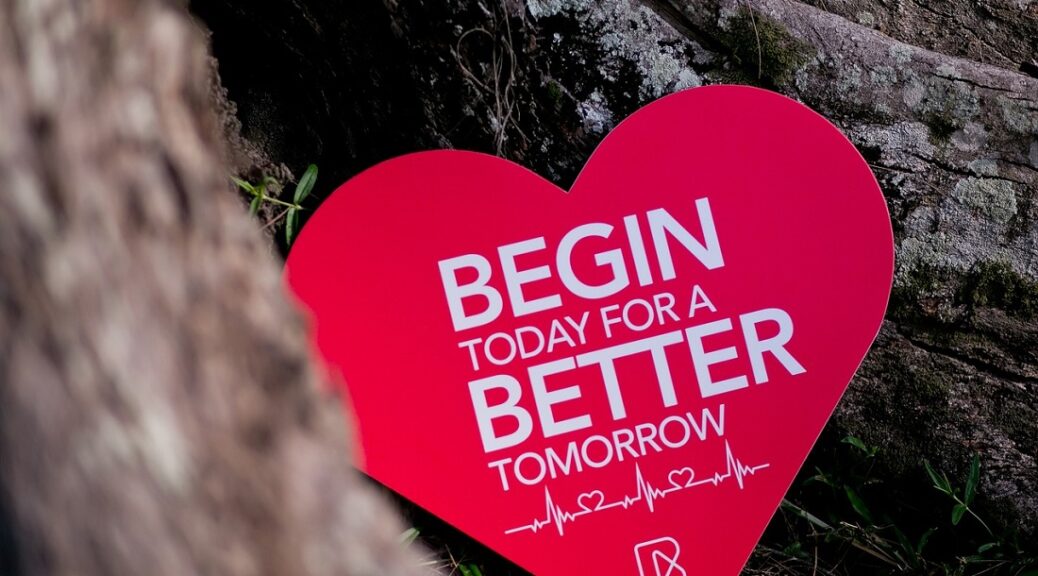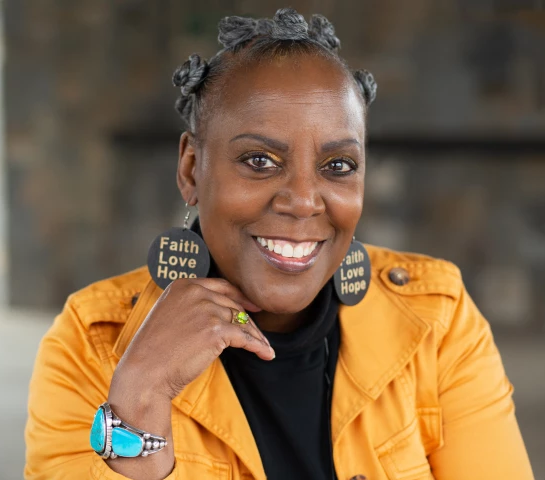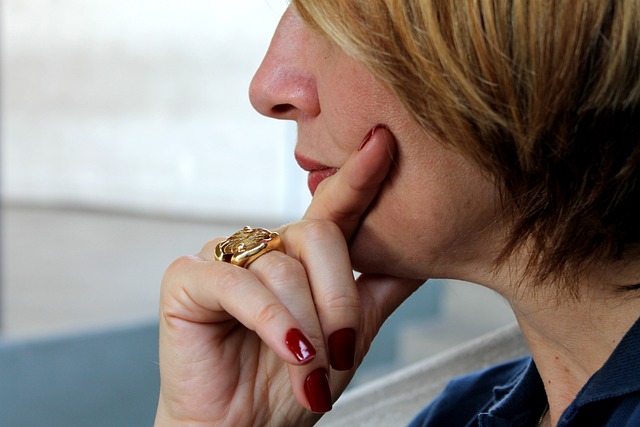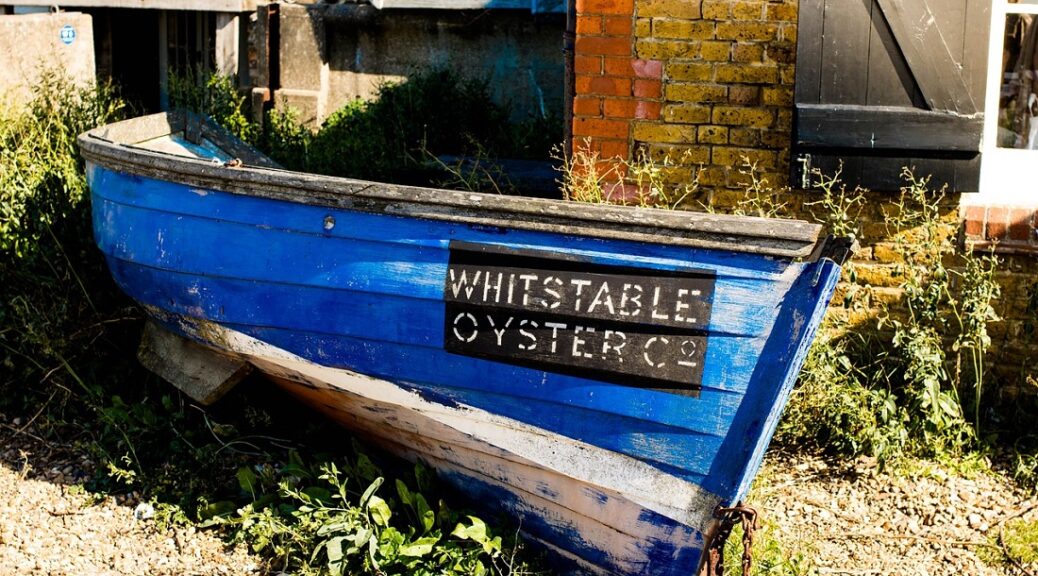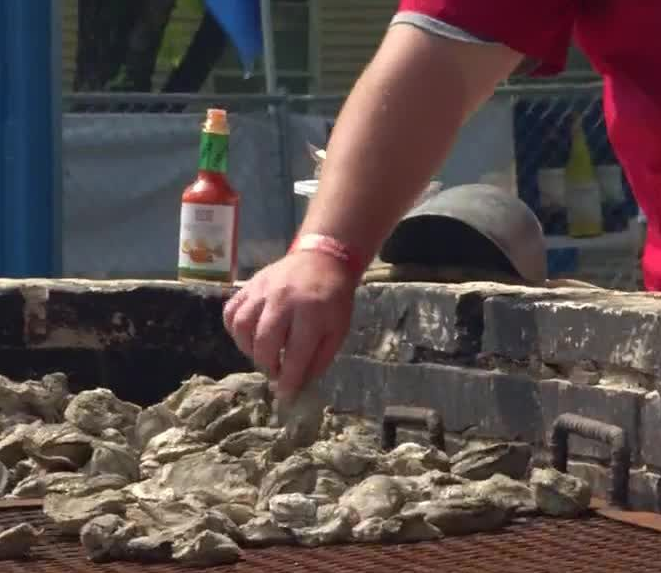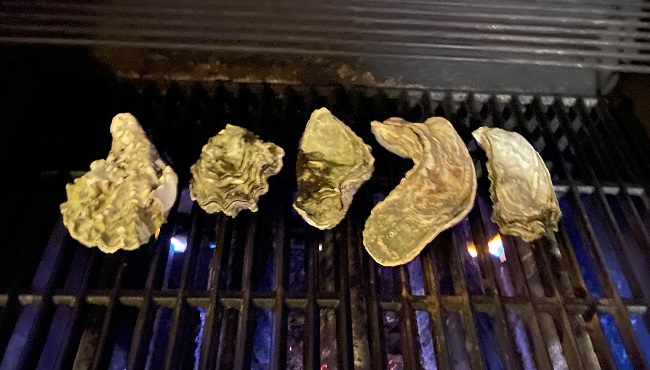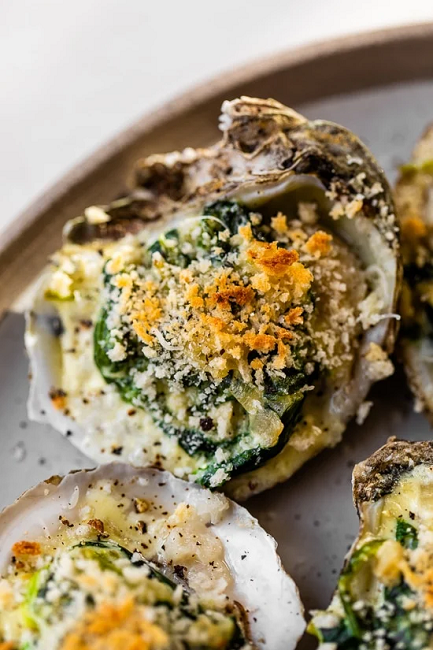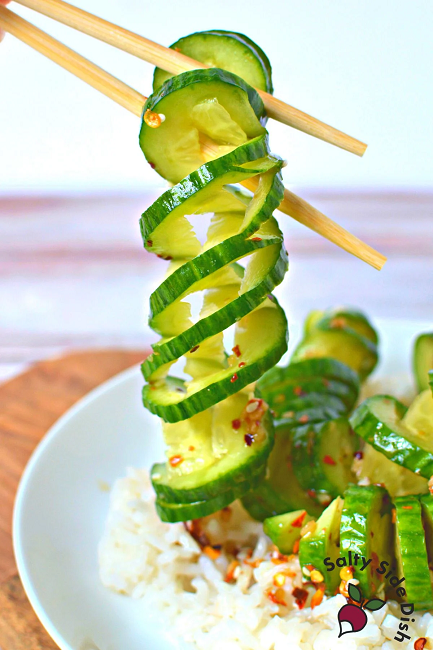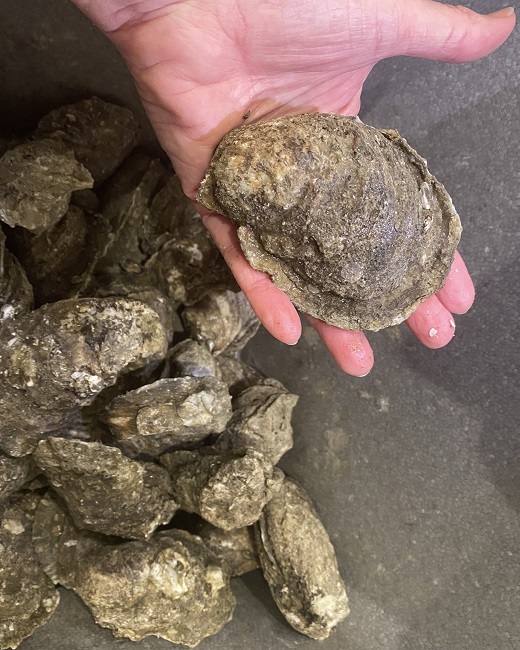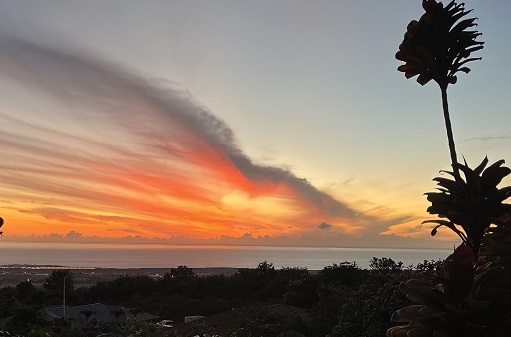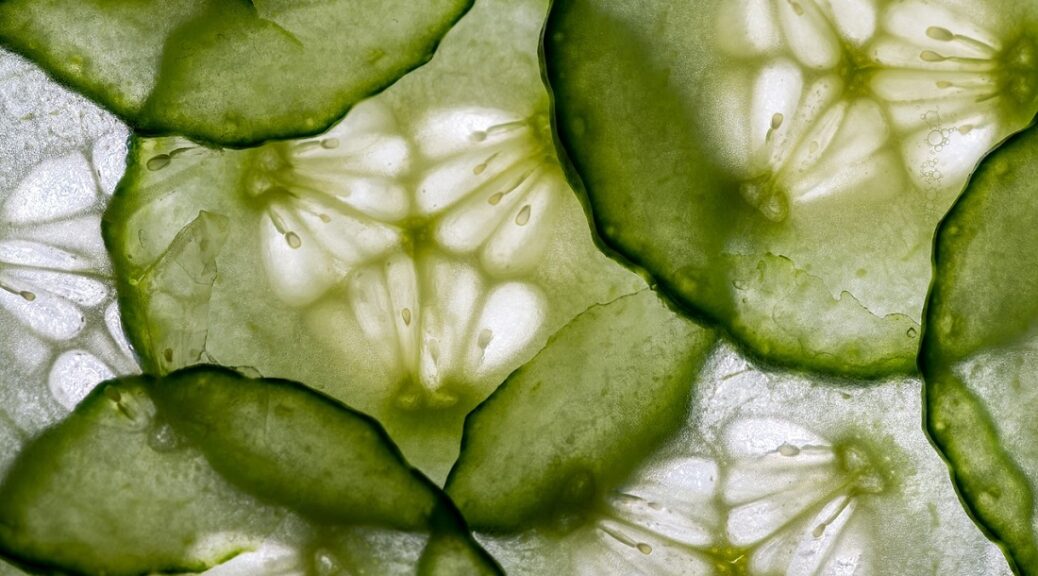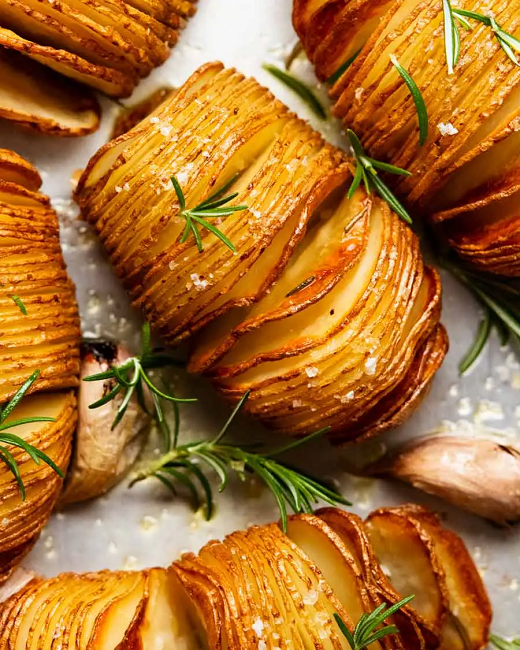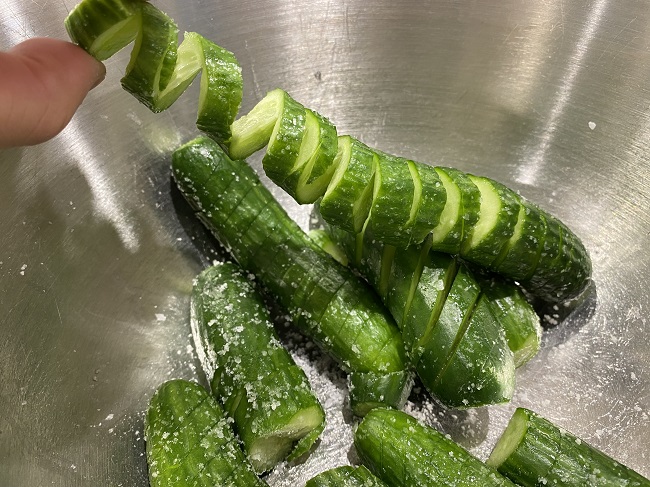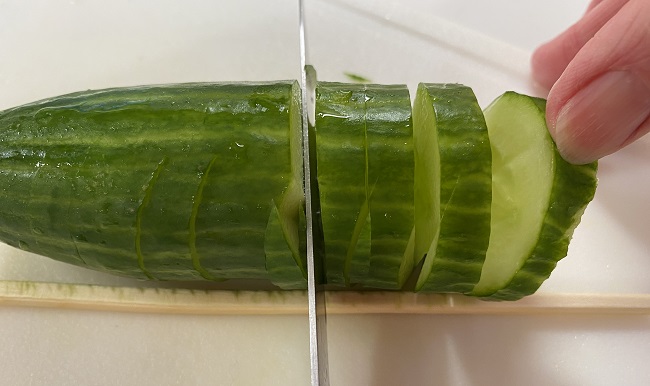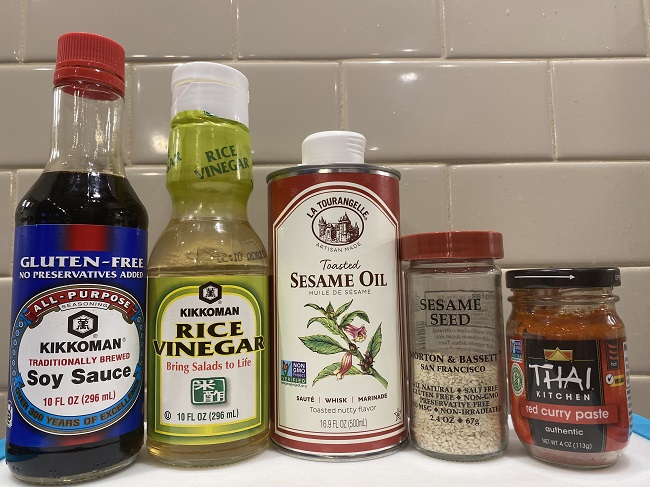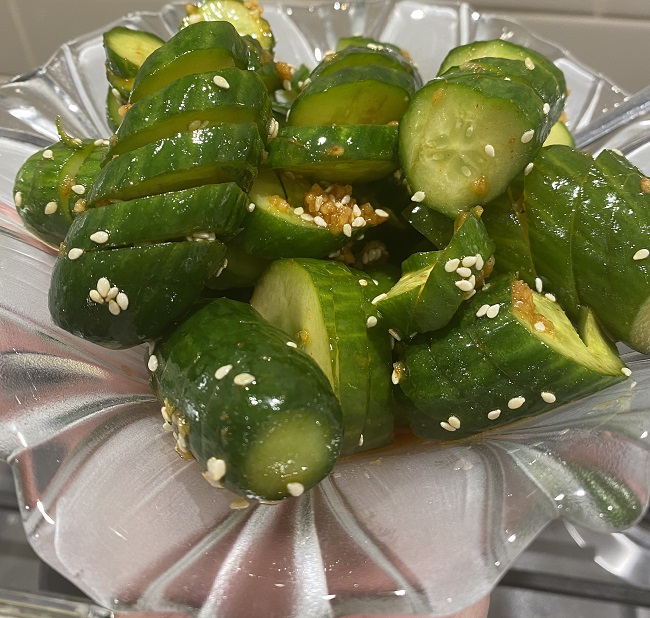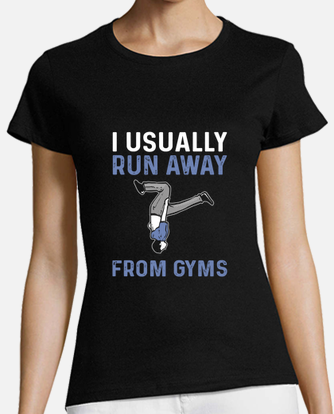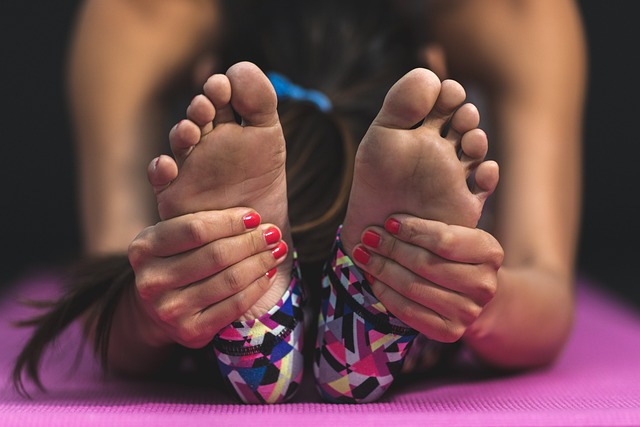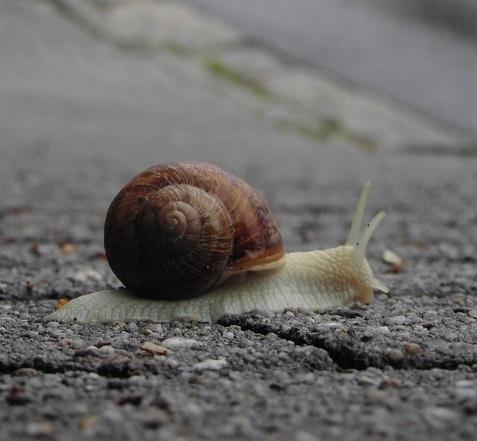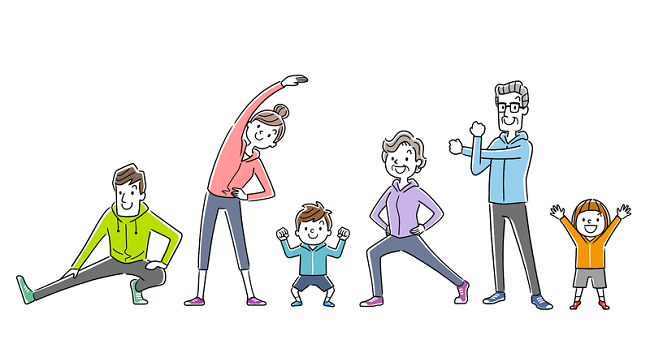Not a word you see every day.
We have all experienced or witnessed something that was ineffable. When asked to explain it to others, we rely on the overused standbys of “awesome” or “amazing” – all the while knowing those words couldn’t come near to describing what we wanted to relate.
Or, it could have been something horrific that defied description. “Total devastation” or “horrific.”
Dictionary.com gives us this:
“Incapable of being expressed or described in words; inexpressible: ineffable joy. not to be spoken because of its sacredness; unutterable: the ineffable name of the deity. Synonyms: unspeakable.”
What we feel and experience looking into our baby’s eyes for the first time.
The look of a sunset over the ocean and knowing the picture we just took in no way comes close to capturing the complete experience.
When we glimpse the meaning of life in a larger way than ever before.
An author friend of mine, Janet Gallagher, almost didn’t write her book, Saying Yes – Accepting Divine Invitation and Stepping Onto a Gritty Uncharted Path of Awakening, because the meaning of her experience was ineffable.
What she discovered by being open to a chance encounter was so big, so life changing, and so transformative that applying words to it would somehow limit its cosmic message. She also did not want the focus shift from the truth she divined to being something about herself.
I appreciated her dilemma.
Words are limiting. How do you realistically perceive something that’s limitless, that goes beyond our comprehension of dimensions – with letters, words, sentences, and paragraphs that are the epitome of structure?
But her message needed to be shared, and she tenderly and artfully did so in a way that effectively described the life events that brought her to a beautiful larger truth worthy of sharing – otherwise, what was the point of receiving such a great message if not to share it?
If you are searching for a viewpoint that might enhance your own spiritual journey, Saying Yes, is an excellent and easy read to explore.
My own journey is taking me to a wider view of the uniting force that is available to use, embrace, tap into, etc. (it’s ineffable), and Janet Gallagher’s book underscored some things I am learning myself.
I just wanted to share this little gem with you today.
Our health is more than food, water, shelter, and exercise, and I like including ideas that may help our mutual goal of being the best we can be for ourselves and others.
In health –
Deidre
I’m so excited to share with you the latest on the new edition of Toolkit for Caregivers. By keeping key elements from the original front cover, we have created an updated one:
Pics here of original and new one.
ORIGINAL:
UPGRADED VERSION:
What do you think?
The book’s interior will be in full color to enhance the reader experience, and the free downloads have been updated and are getting a new look as well.
There are so many moving parts to this relaunch – including new offerings and a new website look – and I am over the moon with the progress we have made.
June looks to be our relaunch month! Stay tuned.









